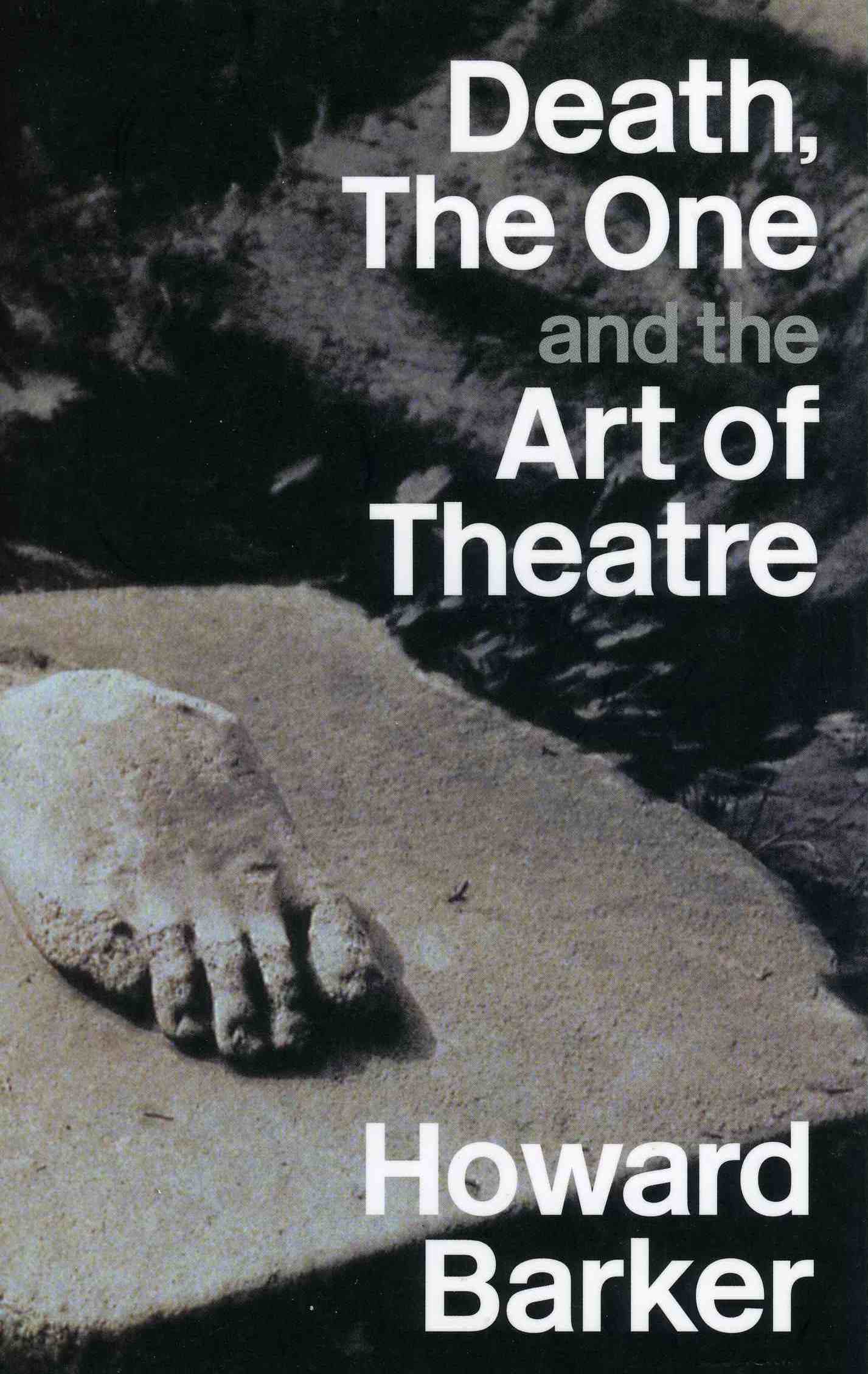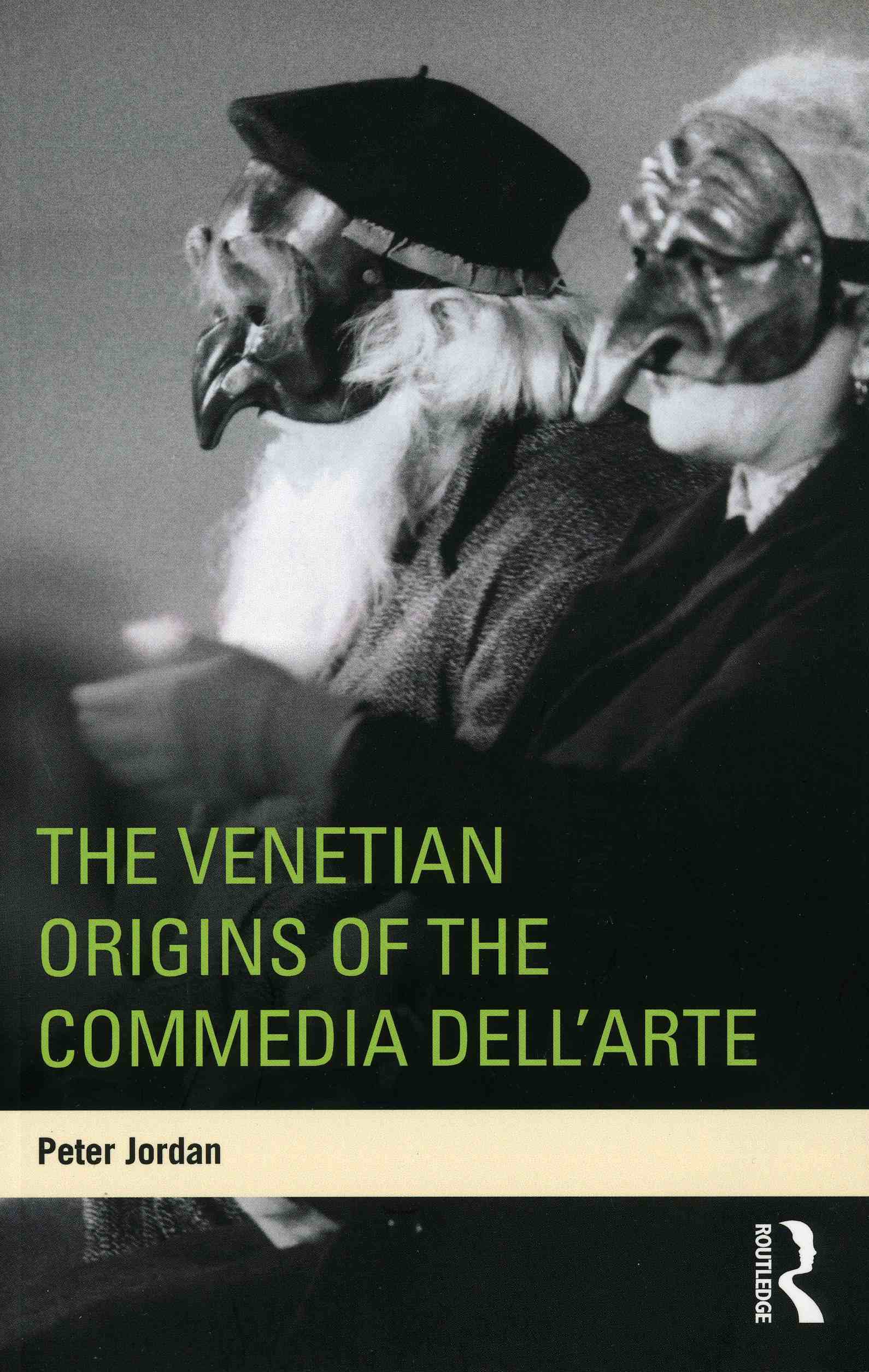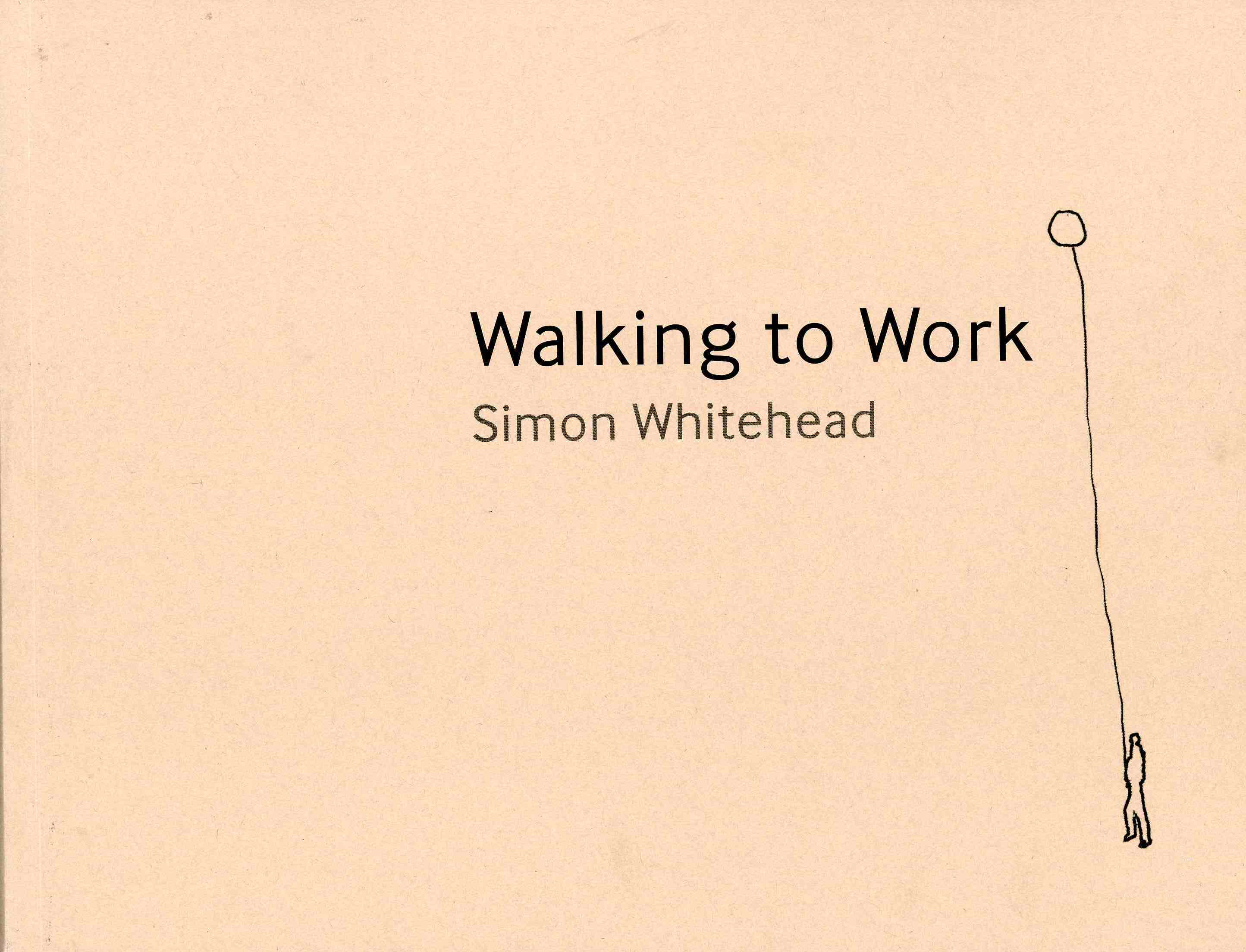Description
Howard Barker adds to his body of critical writing on the theatre with this new publication, which builds upon his earlier work, Arguments for a Theatre (1997, 3rd edition), but also deepens and refocuses its concerns. This new text delves into the artistic and metaphysical implications of Barker’s self-styled “theatre of catastrophe,” which is an avant-garde mode of tragedy. Barker takes the privileged, if somewhat marginalized, position that he occupies in contemporary theatre and turns it to his advantage, writing from outside the social and embracing the dark, obscure world of catastrophe and disrepair that typifies his plays. For, Barker suggests, the relentlessly tragic, oftentimes violent and usually highly sexualized landscape of catastrophe is also the site (or index) of death, which is the principal subject that he courts in his new work.
In Death, The One and the Art of Theatre, Barker composes a dense series of poetic fragments, speculations, and imaginary scenes that sketches the connections of his tripartite enquiry. It is, unsurprisingly, quite a challenging text, forgoing straightforward argument or theorizing in favor of an accretion of ideas and propositions that adumbrates rather than explicates his concerns. The basic outlining of Barker’s theatre remains the same, except that he now designates the “theatre of catastrophe” as the “art of theatre,” as opposed to the humanist, populist theatre of morals and entertainment, which is simply (and somehow derogatorily) called “the theatre.” This renaming has the effect of highlighting the overt artfulness of Barker’s theatre, while implying that non-Barkerian theatre—any theatre that favors clarity of meaning over persistent dislocation and anxiety—is debased, and therefore not Art. One might find this binary logic objectionable, but Barker thrives on an oppositional stance, shunning the mainstream and the conventional in order to cultivate the private, if not rejected, space of “authentic” tragedy, or the illegal. Barker’s misreading (if it is such) of “the theatre” may be necessary for him to carve out his own niche, but he thinks his provocative, even incendiary, outlook quite valid, likening theatres to religions that annihilate one another in the boldness of their convictions.





